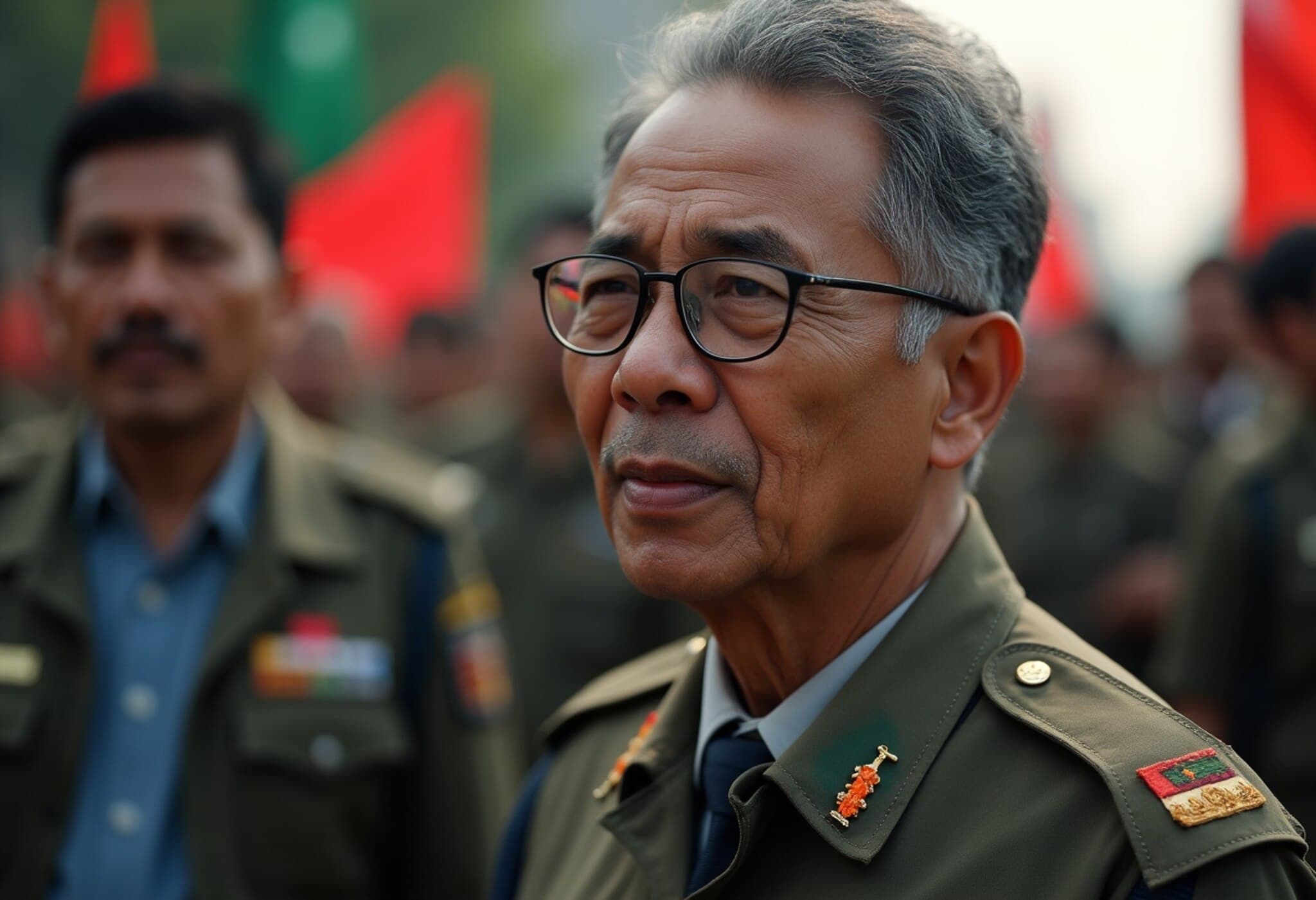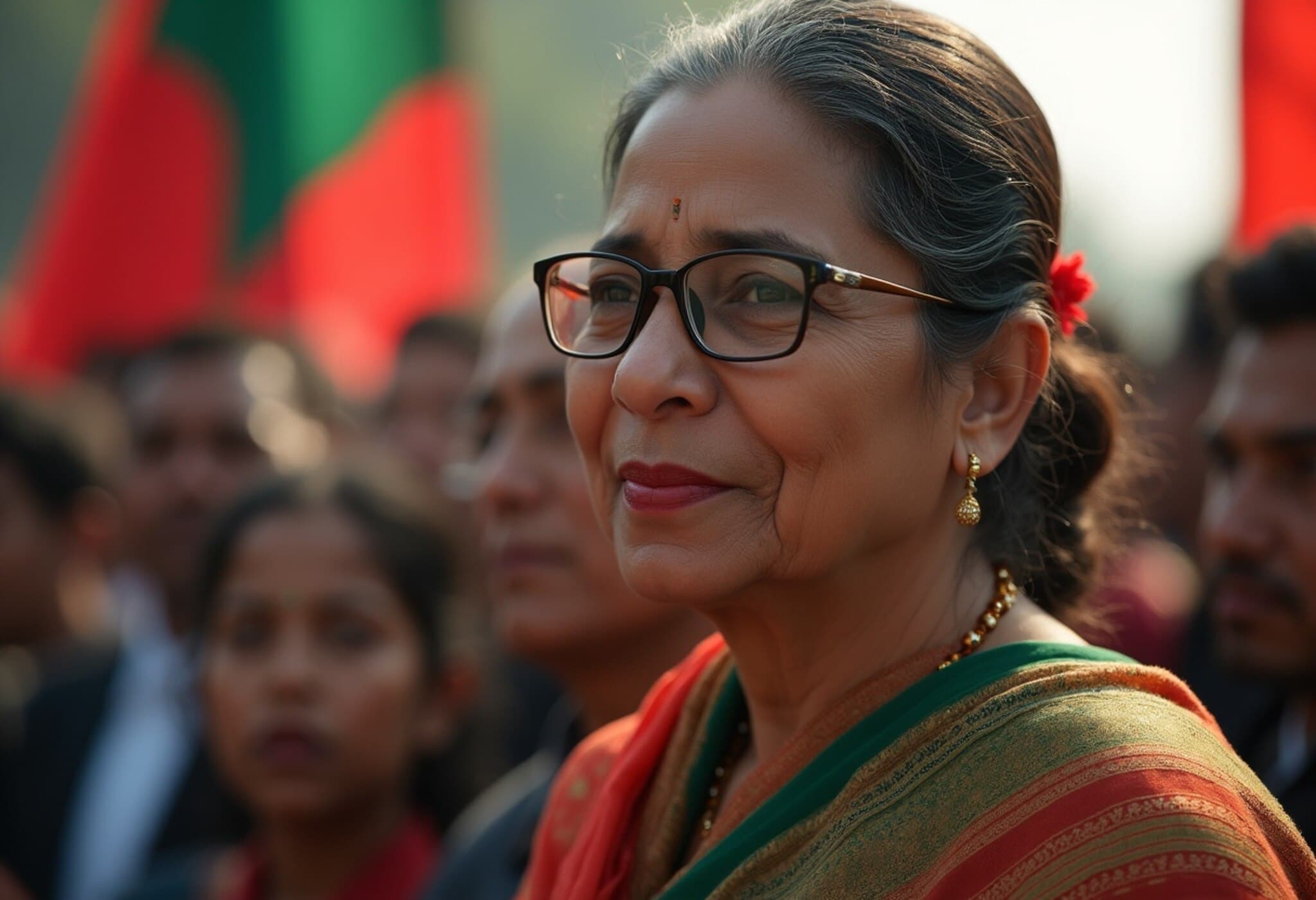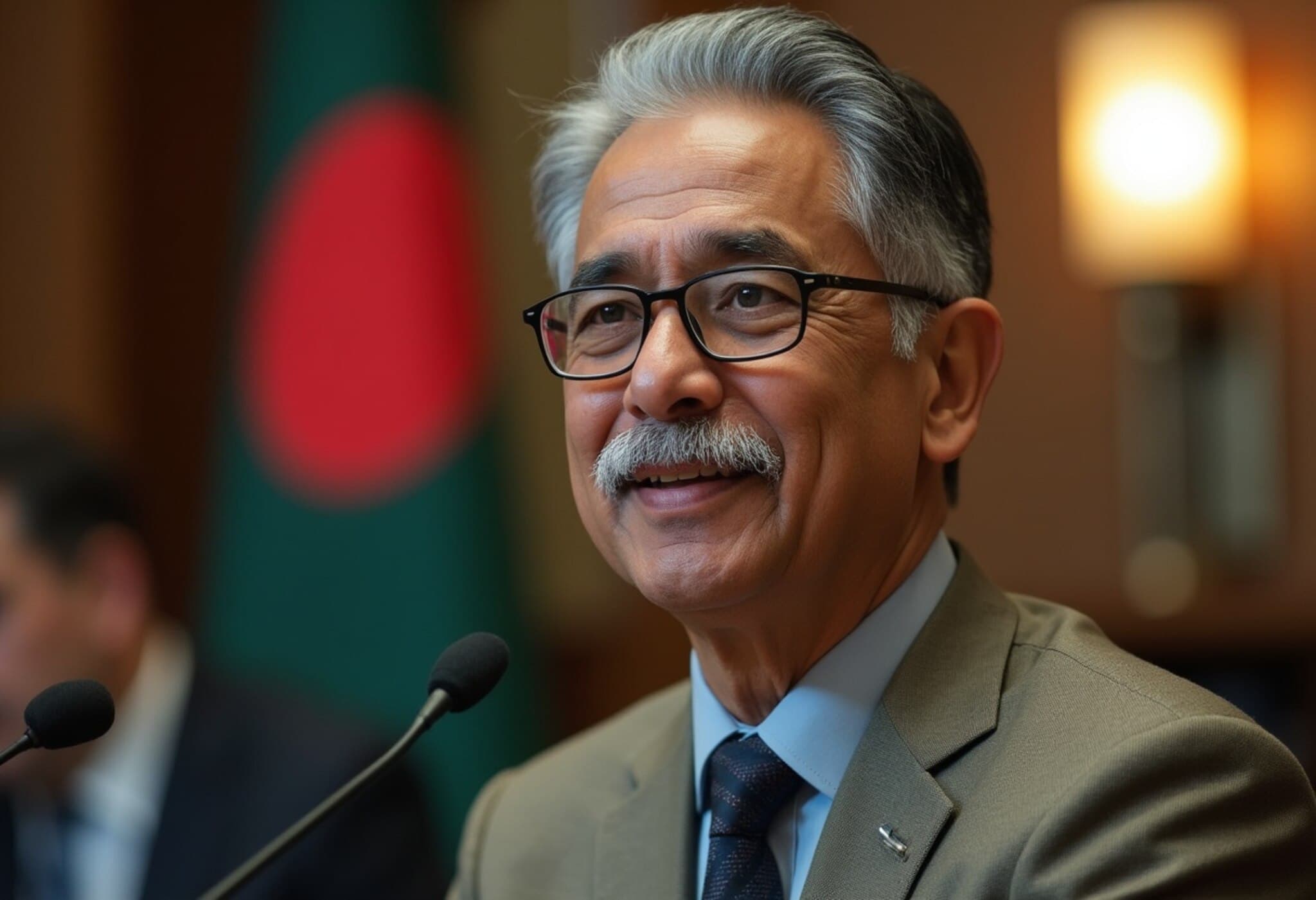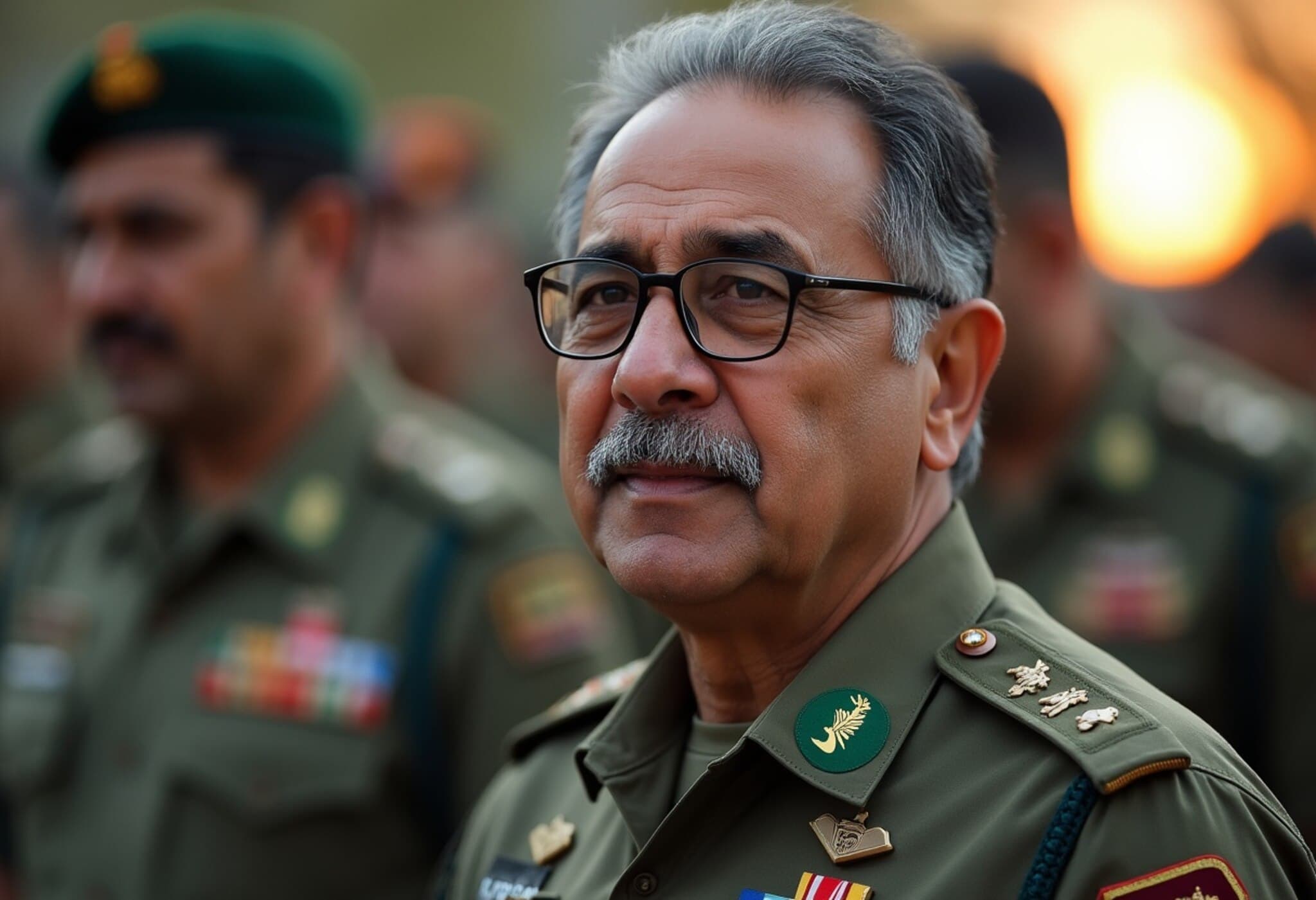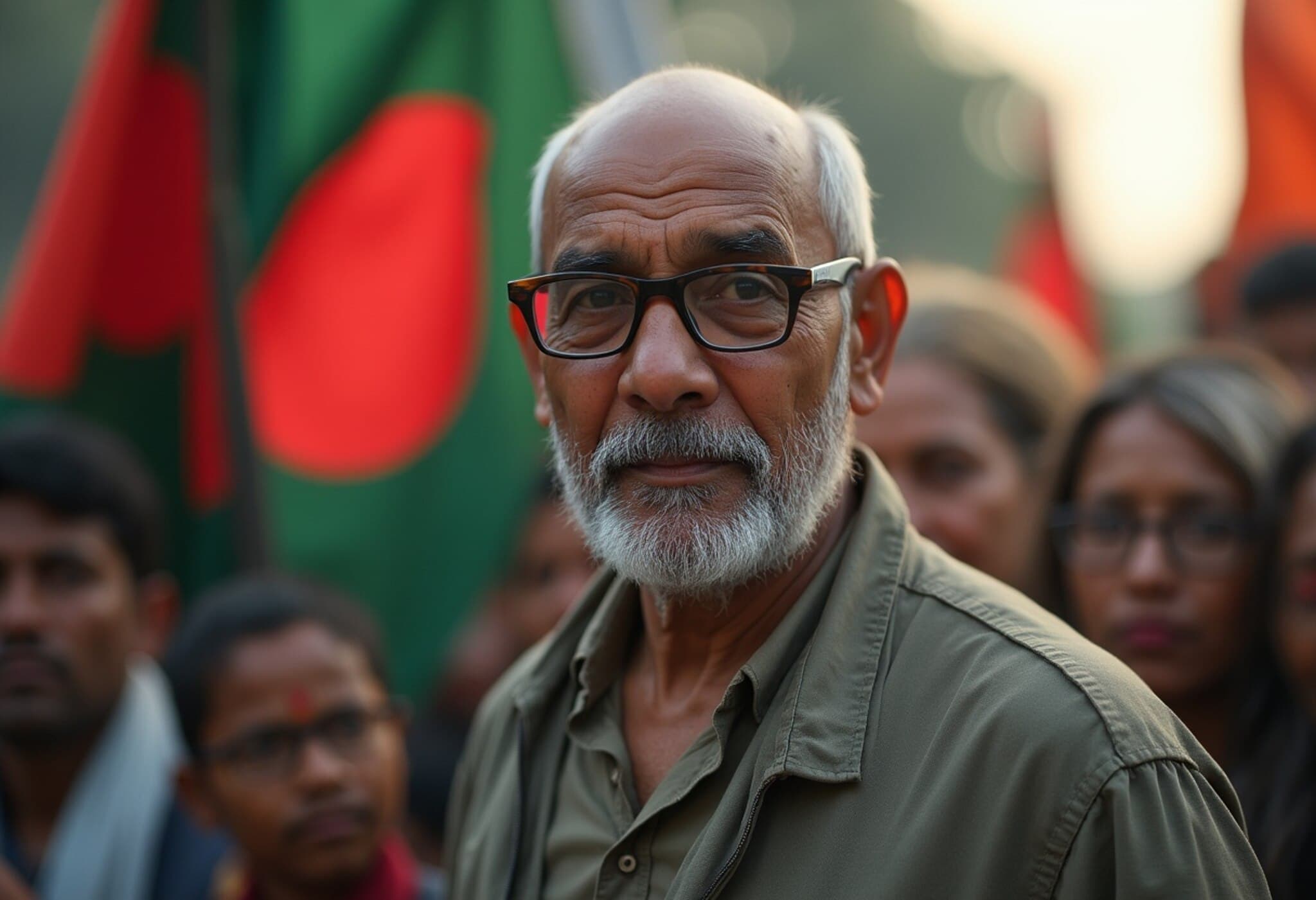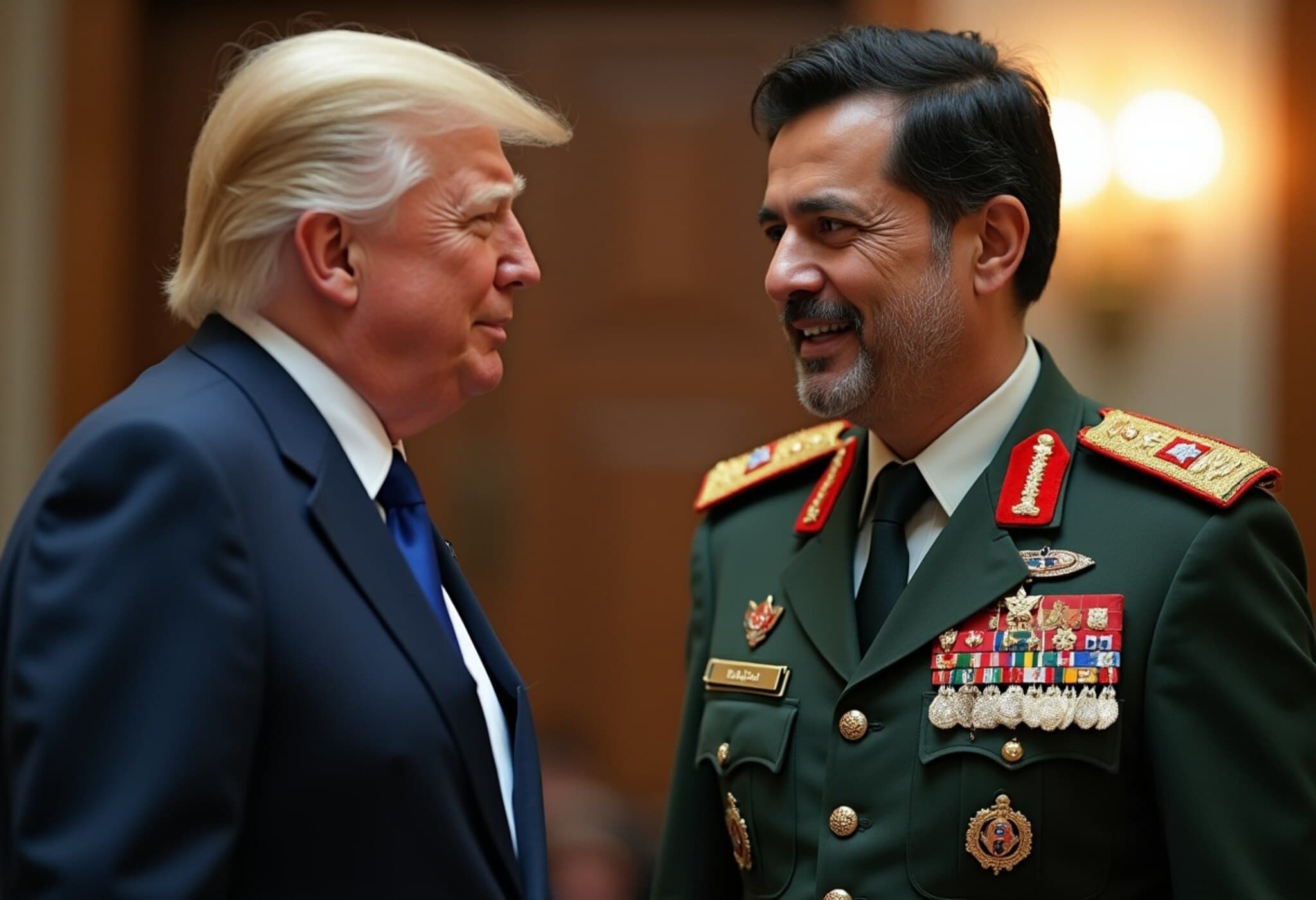Bangladesh One Year Post-Hasina: Escalating Extortion and Economic Challenges
It has been a year since the dramatic fall of Sheikh Hasina’s government, and Bangladesh is now facing an unsettling rise in extortion and economic turmoil under the interim leadership of Muhammad Yunus. The tightly controlled, albeit unofficial, extortion network once managed under the Awami League has fractured, spawning a chaotic landscape of competing political factions and criminal groups vying for power.
The Emergence of Lawlessness and Fragmented Control
Following Hasina’s resignation amid a widespread popular uprising on August 5, 2024, Bangladesh descended into a state of lawlessness under the unelected regime led by Yunus. Unlike the previous system, which maintained a predictable flow of political “tolls,” the current environment is marked by numerous actors, including the Bangladesh Nationalist Party (BNP), Jamaat-e-Islami affiliates, militant student groups, and opportunistic criminals engaging in rampant extortion.
Businesses Under Siege
From traders and builders to contractors, businesses across Bangladesh report excruciatingly high extortion demands. Official statistics reveal a stark increase in such cases: Dhaka police recorded at least 70 extortion cases monthly in the first half of 2025, compared to just 22 per month in 2021. Experts agree that the reality is far grimmer, as many victims hesitate to speak out due to fear and lack of trust in authorities.
Ironically, some of the student groups that once spearheaded anti-corruption protests are now implicated in this surge of criminal activity. For instance, a disturbing case involved a former Awami League lawmaker coerced to pay Tk 50 million to a gang linked with Students Against Discrimination, a leading student faction during the 2024 protests.
Resurgence of Criminal Networks
Alongside politicized groups, notorious criminal figures like Subrata Bain, Sanjidul Hassan Emon, and Abbas Ali (known as Killer Abbas) have reemerged, orchestrating extortion rackets targeting everything from small shops to large-scale construction projects, including educational infrastructure. This resurgence is spreading a pervasive sense of fear and uncertainty among entrepreneurs, some of whom admit to abandoning vital projects under pressure.
Economic Ripples: Inflation and Price Pressure
The financial impact of rampant extortion is deeply felt across Bangladesh’s economy. Contractors, distributors, and retailers face increased unofficial levies, which cascade into higher consumer prices. Data from Bangladesh Bank indicates inflation stood at 8.48% year-on-year in June 2025, with the 12-month average exceeding 10%, underscoring persistent price pressures.
Renowned finance advisor Salehuddin Ahmed acknowledges that extortion along supply chains significantly fuels inflation. However, economists like Rushad Faridi of the University of Dhaka urge caution, emphasizing that inflation is multifaceted—structural issues, currency fluctuations, and global economic factors also contribute complexity. Accurate quantification of extortion’s net impact remains elusive due to opaque data and hidden networks.
Challenges in Law Enforcement and Governance
Law enforcement authorities claim they are processing complaints and attempting interventions, yet the rising tide of lawlessness suggests these efforts are insufficient. Without decisive government action to restore political stability, enhance police professionalism, and dismantle entrenched corruption networks, the business environment may continue deteriorating.
Bangladesh’s current crossroads demand urgent reflection: can it transform from this decentralized chaos into a governed system that supports economic growth and public trust? The stakes are high, and for businesses large and small, the costs are mounting.
Expert Commentary and Broader Implications
Looking beyond the immediate crisis, Bangladesh’s struggle is emblematic of the vulnerabilities nations face when political transitions lack transparency and inclusivity. The erosion of centralized control over unofficial yet structured systems can unleash hidden criminal elements, making governance fragile.
From a policy analyst’s perspective, Bangladesh’s case underscores the importance of balancing democratic accountability with law enforcement capacity to protect commercial interests. American economic observers note that unchecked corruption and extortion can deter foreign investment, weaken supply chains, and exacerbate poverty cycles.
Moreover, the involvement of youth-led movements initially heralded as forces against corruption but now implicated in extortion raises questions about the co-optation of civil society by political and criminal interests—a cautionary tale for other emerging democracies.
Looking Ahead: Key Questions
- What mechanisms can Bangladesh’s interim government implement to rebuild trust and restore law and order?
- How can the international community support anti-corruption efforts without infringing on sovereignty?
- What role should youth and student groups play in fostering genuine political reform instead of perpetuating cycles of violence and extortion?
- Can economic reforms suppress inflationary pressures aggravated by criminal practices?

